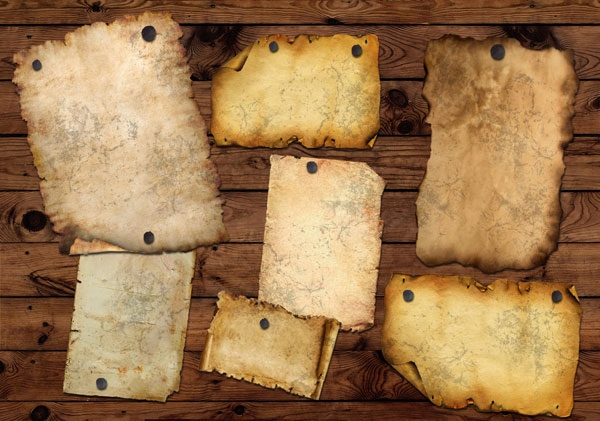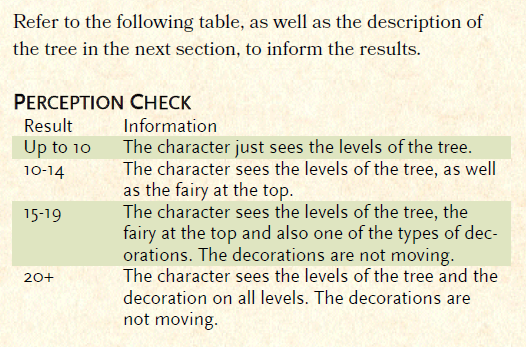Premade adventures are great, but the large campaign books can be daunting. However, making up your own world can also be a pretty daunting prospect. Where do you start? I mean, you need at least one culture, religions, a magic system, cities, continents, world maps…
Guess what. You don’t. You really don’t. The DMG even says “start small” on page 25. When your PCs are levels 1-5, they are local heroes, only really known in the area they are from. Think about MMORPG starter areas - they are designed with similar principles in mind, they are self contained areas to get characters to a certain level without too much difficulty and with a small storyline. So you only really need that starter town to get stuck into your campaign and get the ball rolling.
There are advantages and disadvantages to creating a small starter area vs mapping out a whole world. Making a whole world upfront is a lot of work but it means you have a concrete vision of how cultures interact, how the map works, how religion and magic work. Making small chunks as you go can make your world vaguer and more nebulous, but it also means you can shape your world to match your campaign as you go along. Another advantage of starting small is that that if your campaign fizzles out, you haven’t wasted a lot of time building a big, complex world for it to be wasted.
This doesn’t mean to say that if you have a great idea for a pantheon of gods, a whole culture of dog-headed Anubisath Egyptian-like peoples, or a magic system drawn from nature, then you should forget about that - don’t. Incorporate that in, but you don’t necessarily need to overwhelm players with these levels of detail at the outset. It could flavour other areas, perhaps their starter town has trade links to the Anubisath types so there are strange trinkets around, or there are temples to various gods from your big pantheon. Little touches like that help you to make your world seem bigger even if you haven’t gotten most of the details nailed down.
Bearing these points in mind, I started my homebrew with two towns (one for each group) and a vague idea of what the long term plot was. I drew a small map of each town. I created a bunch of NPCs. I didn’t know where they were within the world, but as we went on, I placed them near a city which both groups visited. I didn’t even have a name for the world to start with, and 6 months in, I still don’t really have much of a world map outside of that small area. It grows as our need for areas to explore grows.
So, what are the most basic things you need for a starter area in a sandbox style homebrew? I usually begin with the amenities and a bulletin board with tasks on. A simple, basic village will usually have an inn, probably a blacksmith and general store (with limited supplies), housing, surrounding farms, and probably some sort of worship space for the religion in the area. This informs the NPCs I’ll make, so to run these amenities there will be the innkeeper, perhaps an assistant like a barmaid, a blacksmith, store clerk, a few farmers, villagers and clerics or other religious persons. There may also be some sort of town elder, marshal, or representative of the noble who owns the wider area, (depending on your hierarchy). I then think about how these people look and act, but I’ll talk more about creating NPCs in another article.
The bulletin board will provide tasks for your adventurers, and is my favourite part to create, and it gives a really free feel to questing as the players can choose which quest they want to pursue first. I have a PSD file which is a wooden board with nails in, and a folder of parchment textures. I think of quests, or use online generators to come up with ideas, then type them up so they become notes pinned on the board. I add in notices such as fees for posting, upcoming festivals or events, or things for sale, to make it feel more like a noticeboard and to add interest. It then becomes a handout for my players to browse.

In the next part, we'll look at how to fill the board up with some simple quests, and how you can fill out other features of your town!
Happy gaming!
-Mazz


